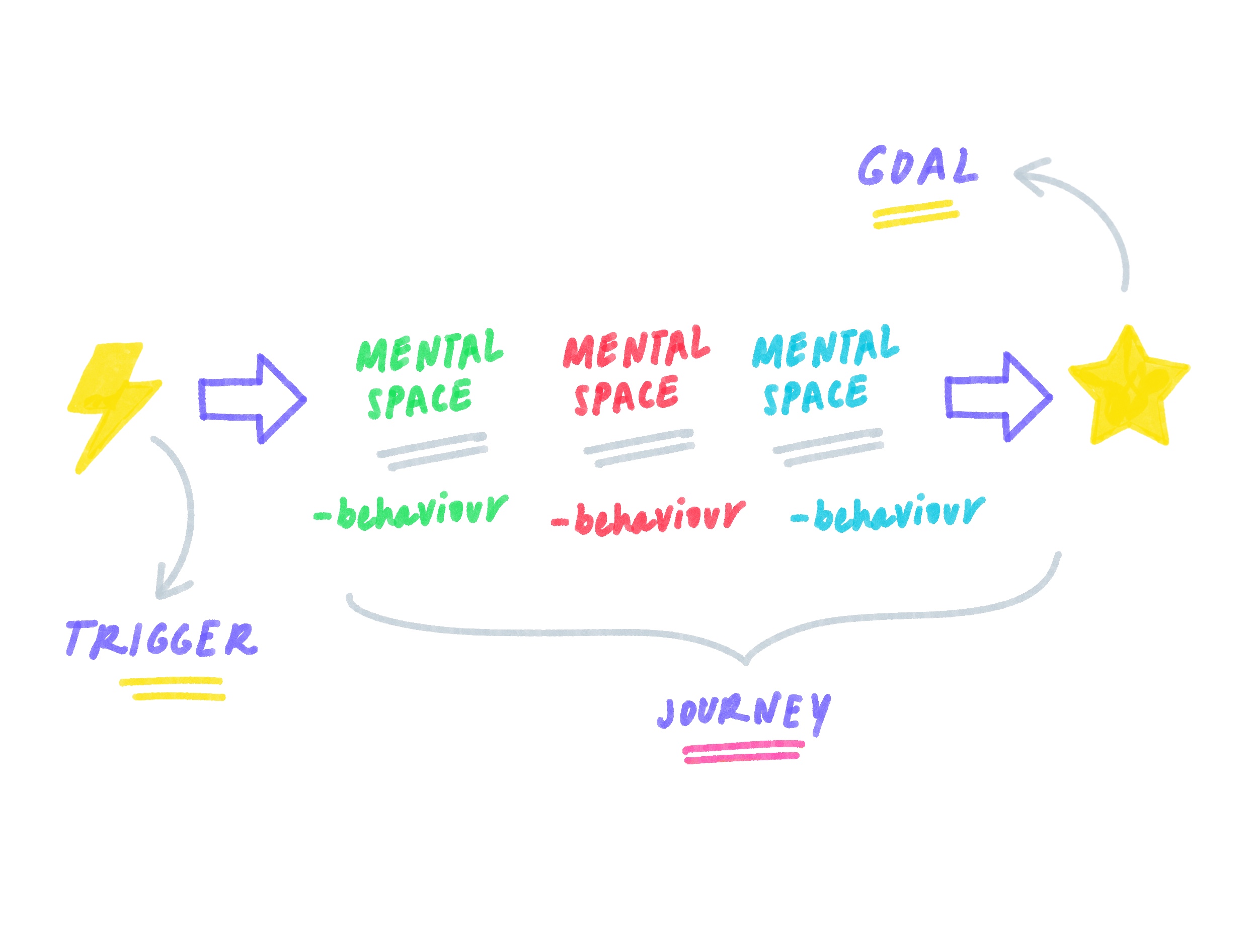In user experience design (UX), analytics serves as a powerful tool for informed decision-making. When incorporated with qualitative methods, it provides an understanding of users and how their behaviour impacts the business. This relationship between using analytics with other research methods not only enhances effectiveness of the UX process but also provides a framework for aligning initiatives with broader business objectives. Let's explore how to leverage analytics to strengthen decision-making in the design process.
Check the SEO first
Before diving into extensive research projects prompted by alarming analytics data, it's important to assess SEO’s impact on your business. For websites, fluctuations in page views, click-through rates, or conversion rates might not necessarily stem from UX issues but could be influenced by SEO factors like algorithm updates or competitor activities. Conducting a quick SEO review can save time and resources.
You can't argue with the facts
UX design can have an incredible impact in driving business outcomes, yet support for UX initiatives at times can be an issue if they don’t seem necessary. Analytics serves as an ally as the data can communicate patterns and clear problems through declining or concerning metrics that are hard to argue with!

Cultivating a user-centric culture
Leveraging analytics opens conversations about user engagement and business, fostering a user-centric culture is critical for today's landscape. According to recent research, two thirds of customers expect companies to fully understand their needs' which is an important factor for retention and engagement. This not only benefits the customer but businesses that adopt a personalisation approach see a 40% increase in revenue.
Define your discovery period
When embarking on a discovery project for your product or website, establishing clear parameters for what you hope to learn is crucial. Analysing your current website's analytics can serve as a health check, revealing signals in user behaviour that indicate potential issues. These signals might include high bounce rates in specific areas or pages, low session length or poor retention rates. By pinpointing these indicators, you can formulate a more robust research plan which can investigate these issues further.
Measure key use cases post-implementation
Effectively tracking the impact of design changes is essential for gauging success and iterating for further improvement. Using key metrics or integrating custom metrics into analytics tools enables the measurement of specific objectives tied to strategic initiatives. Measuring performance can be used post-implementation or as a research method itself, such as measuring a design through A/B testing. Measuring design efforts helps analyse whether you're meeting your strategic aims. This is not just good practice but can drive business results and improve user satisfaction, a report by Mckinsey highlights “that companies who performed the best financially track their design performance with the same rigour used to track revenue and costs”.
In summary
Incorporating analytics into the UX process strengthens decision-making by providing actionable insights into user behaviour, guiding informed design choices and quantifying the impact of UX initiatives on business outcomes. By beginning with an SEO check, defining clear research objectives, leveraging analytics to advocate for UX investments, and measuring post-implementation success, organisations can optimise the user experience and drive tangible business results.
As you begin the journey to improve your UX design process with analytics, remember that expertise and support can make all the difference. Our team specialises in providing comprehensive support tailored to your requirements, consider partnering with us today!




